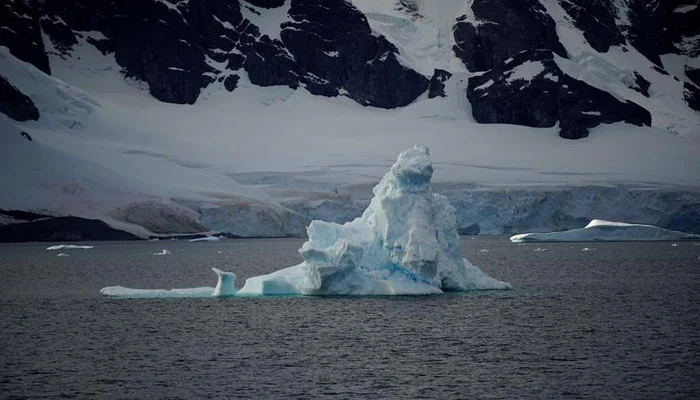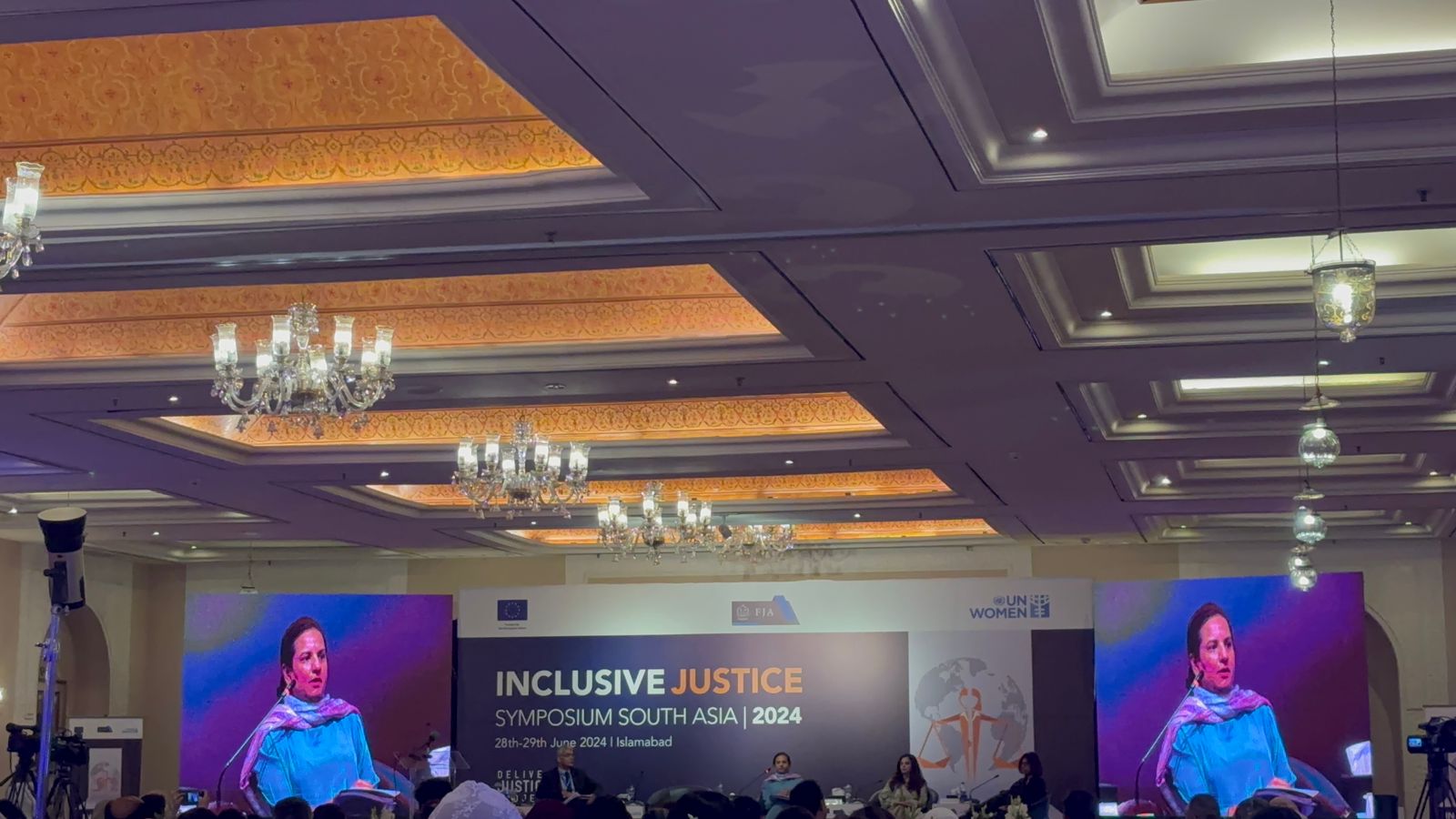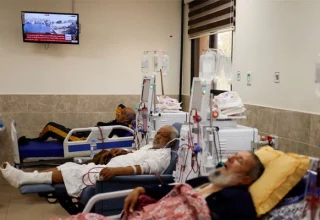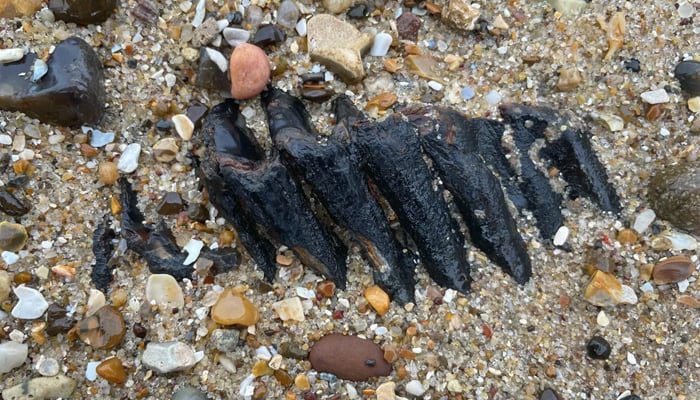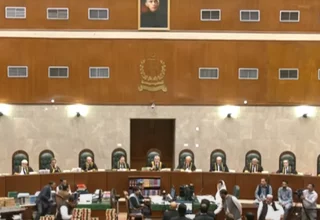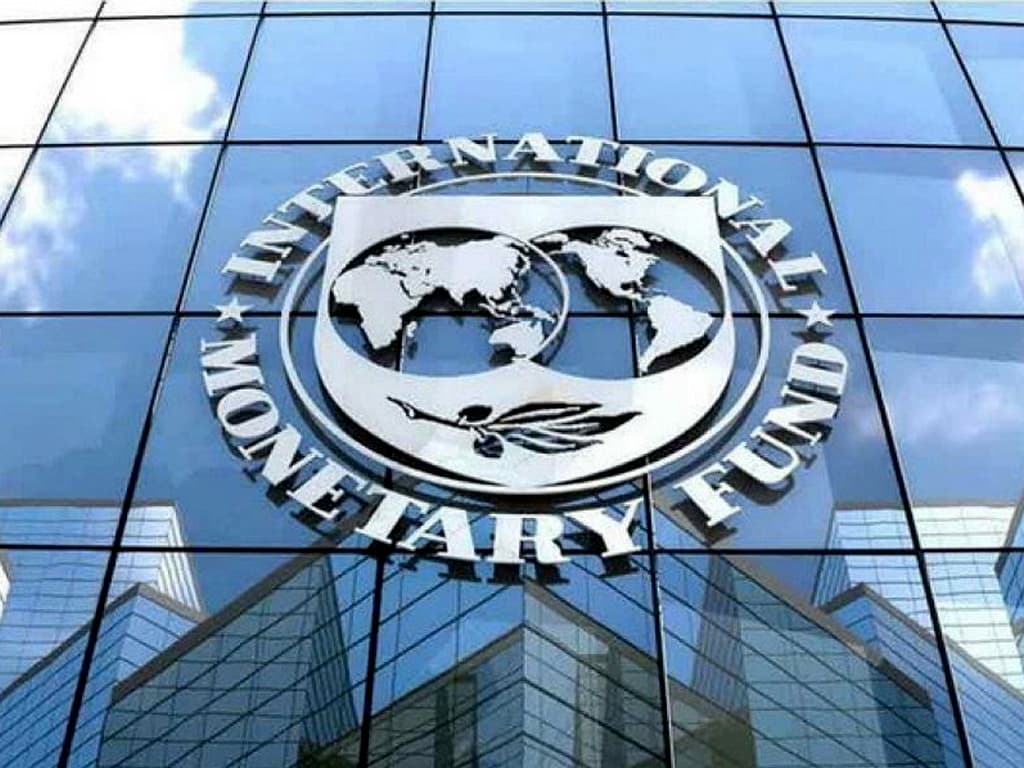Antarctic ice loss continues and despite meeting target of limiting global warming above pre-industrial levels, we are going to see sea-level rise
A groundbreaking study led by Indiana University researchers suggests that climate engineering, specifically dispersing particles to reflect sunlight, could be a potential strategy to mitigate the rapid melting of West Antarctica, reducing the risk of catastrophic sea-level rise.
The research, focusing on the effects of stratospheric aerosol injection, comes at a crucial time when scientists are increasingly alarmed about the heightened probability of accelerated ice loss in West Antarctica in the coming century.
Lead author Paul Goddard emphasises the urgency of exploring strategies to reflect sunlight into space, stating, “Even if the world meets the ambitious target of limiting global warming to 1.5 degrees Celsius above pre-industrial levels — which we are not on track to do — we are going to see significant sea-level rise.”
The study delves into the potential of climate engineering to buy time in addressing climate change and avoiding critical tipping points, such as the collapse of the West Antarctic Ice Sheet.
The research, conducted in collaboration with Cornell University and the National Oceanic and Atmospheric Administration, focused on simulating various stratospheric aerosol injection scenarios. Advanced computers and global climate models were employed to identify the most effective cooling strategy to slow Antarctic ice loss.
The study suggests that releasing stratospheric aerosols at multiple latitudes within the tropics and sub-tropics, with a greater proportion in the Southern Hemisphere, could be the optimal strategy to preserve land ice in Antarctica.
While the study shows promising benefits, it also highlights the need for further research to precisely measure changes in melt rates. Some injection scenarios pose risks, such as altering precipitation patterns and the potential for a swift return of global temperatures to pre-injection levels if the treatment is abruptly halted.
The study adds valuable insights to the ongoing exploration of intentional climate cooling, offering potential solutions to combat the escalating effects of climate change.


